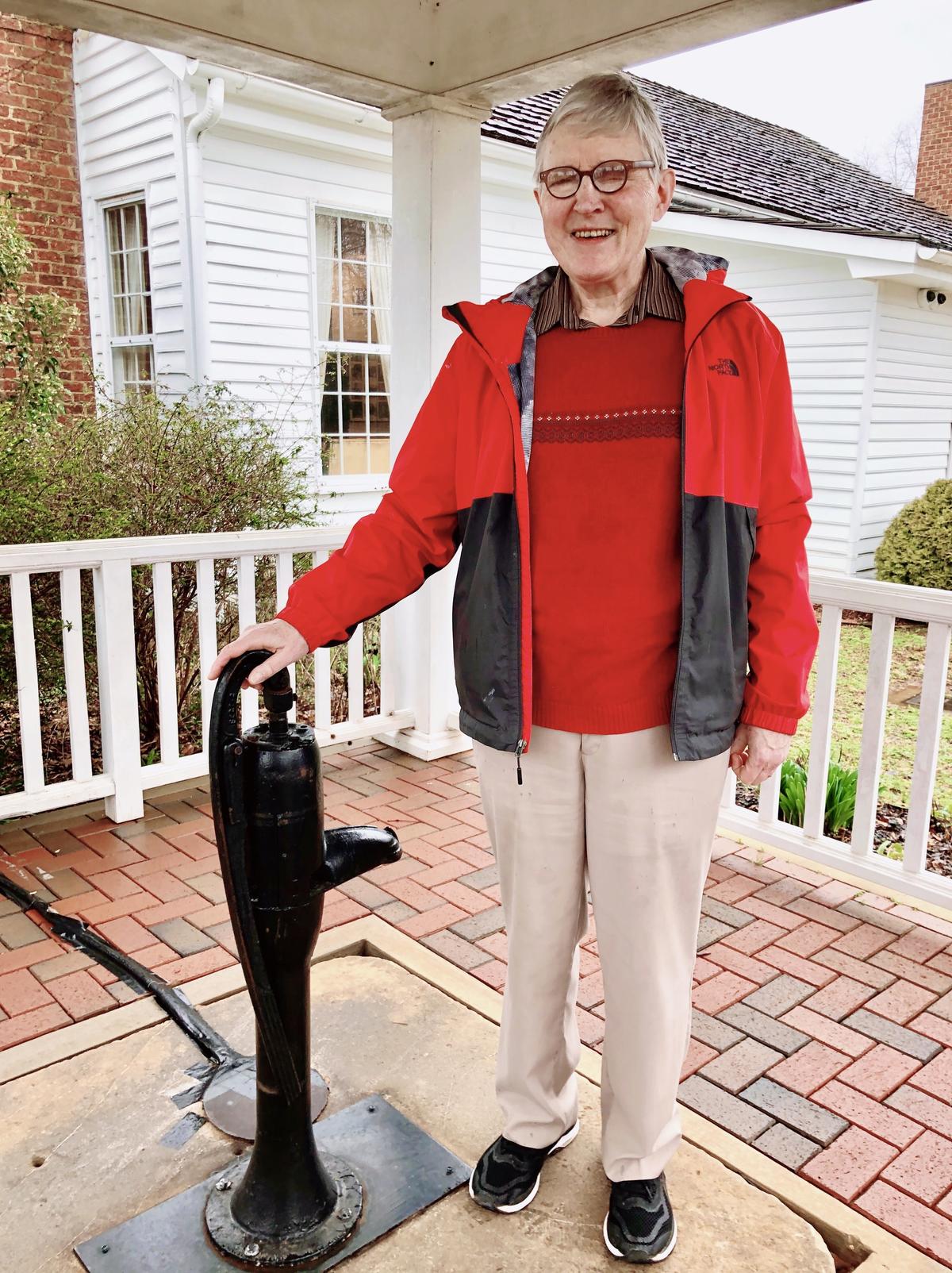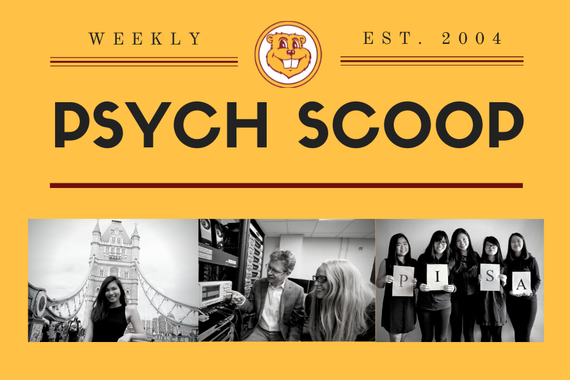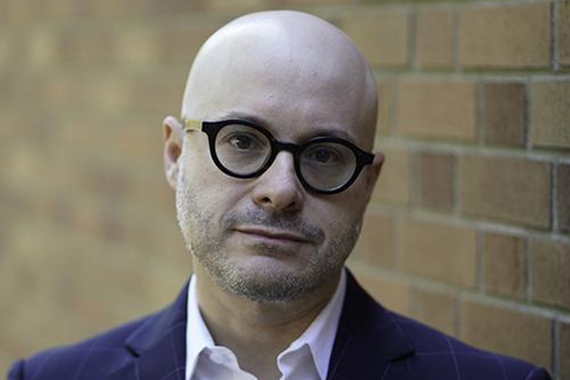Gordon Legge
Minnesota Psychology has remarkable research strength in both vision and auditory perception; a unique combination among peer universities. This combination was not always the case. When Gordon Legge, PhD, joined the Department in 1977, he joined colleagues experts in studying animal learning and memory, especially Skinnerian conditioning. Legge's PhD from Harvard University in Experimental Psychology was on human vision and he had a year of post-doctoral work at Cambridge University with Fergus Campbell, a pioneer of vision science. Legge considers himself fortunate to have colleagues through the 1980-2010s in the sensory sciences; Dwight Burkhardt in vision and Neal Viemeister in hearing. As the emphasis on animal learning began to wane in the field in general, experimental psychologists became increasingly interested in cognition and the functioning of the human brain. In the 1990s progress in brain imaging marked a new era in vision research as scientists began to map what parts of the brain were involved in visual and other functions. For the past four decades, Legge's work has dealt broadly with visual perception and cognition. Specifically, his lab focuses on the roles of vision in reading, object recognition, and spatial navigation.
The 1990s also marked a growing awareness in society at large of disabilities and Legge became a leader in bringing the advances in basic research in vision science to bear on improving everyday life. Legge has low-vision, a consequence of corneal scarring resulting from Stevens-Johnson syndrome at age six. He well understands the importance of design in creating spaces, objects, and written environments in which people with low vision can flourish along with others with normal vision. Legge's lab developed the MNREAD Acuity Chart for measuring visual aspects of reading; Legge served on a National Research Council involved with the redesign of US currency bills; and Legge, with colleagues Andrew Oxenham and Peggy Nelson, founded and run the University of Minnesota Center for Translational Sensory Science (CATSS). In 2015 Legge was awarded the Helen Keller Prize for Vision Research. In addition to his contributions to science, the Helen Keller Foundation also noted, "Gordon Legge is widely recognized and heralded for his groundbreaking application of vision science to the understanding and amelioration of the everyday problems encountered by people with low vision in reading and mobility."
Creem-Regehr, Sarah H., Erica M. Barhorst-Cates, Margaret R. Tarampi, Kristina M. Rand, and Gordon E. Legge. “How Can Basic Research on Spatial Cognition Enhance the Visual Accessibility of Architecture for People with Low Vision?” Cognitive Research: Principles and Implications 6, no. 3 (January 7, 2021): 1-18. https://doi.org/10.1186/s41235-020-00265-y.
Atilgan, Nilsu, Ying-Zi Xiong, and Gordon E. Legge. “Reconciling Print-Size and Display-Size Constraints on Reading.” Proceedings of the National Academy of Sciences 117, no. 48 (November 9, 2020): 30276–84. https://doi.org/10.1073/pnas.2007514117.
Legge, Gordon E. “Prentice Medal Lecture 2013.” Optometry and Vision Science 91, no. 7 (July 2014): 696–706. https://doi.org/10.1097/opx.0000000000000310.



